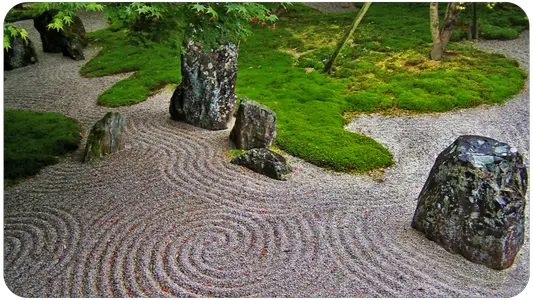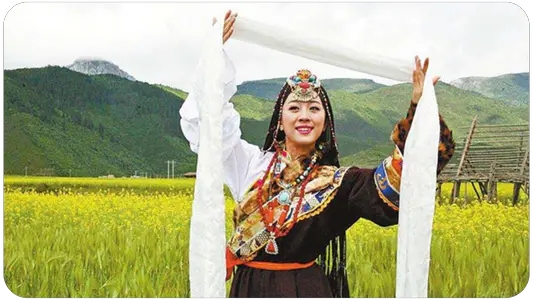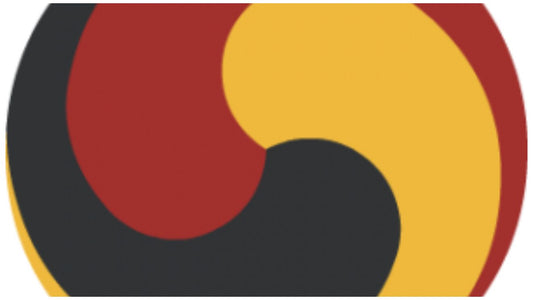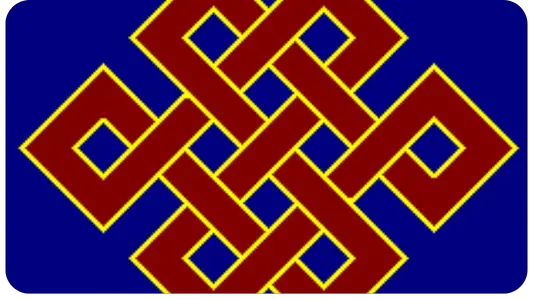The Buddhist calendar is lunar and therefore the day of the various holidays changes from year to year, compared to the Gregorian calendar, based on the full moons and new moons. It should also be kept in mind that Buddhist holidays differ between traditions and sometimes between schools.
For the Theravāda tradition, New Year's Day is in April, and the most important holiday is certainly Visakha Pūjā (Vesak), a day commemorating the birth, enlightenment and parinirvāṇa of Buddha Shakyamuni and usually celebrated on the full moon of May.
Another important festival is the Asalha Puja, or Dhamma festival, in which the Buddha's first teaching at Sarnath is commemorated and is usually celebrated on the full moon of June.
The third festival in importance is the Magha Puja, or the festival of the Sangha (monks), which is usually held on the full moon day of the lunar month of February-March.
According to Mahāyāna tradition, on the other hand, New Year's Day is celebrated on the new moon that falls between January and February.
The major holidays are: the Feast of Enlightenment or Day of Awakening (Dec. 8); Buddha's birth festival (May, a week before the full moon); and Ullambana, a festival that falls on the August full moon and celebrates the Sangha and the dead.
In Italy, the only holiday recognized by the Italian state according to the text of the Understanding is Vesak, which commemorates the three fundamental moments in the Buddha's life: birth, enlightenment and death. It is conventionally celebrated on the last weekend of May.
In fact, according to tradition, Prince Gautama Siddhartha was born on the full moon of this month, also on the same full moon, thirty-five years later, he attained enlightenment, and at the age of eighty he died on the same full moon days.





